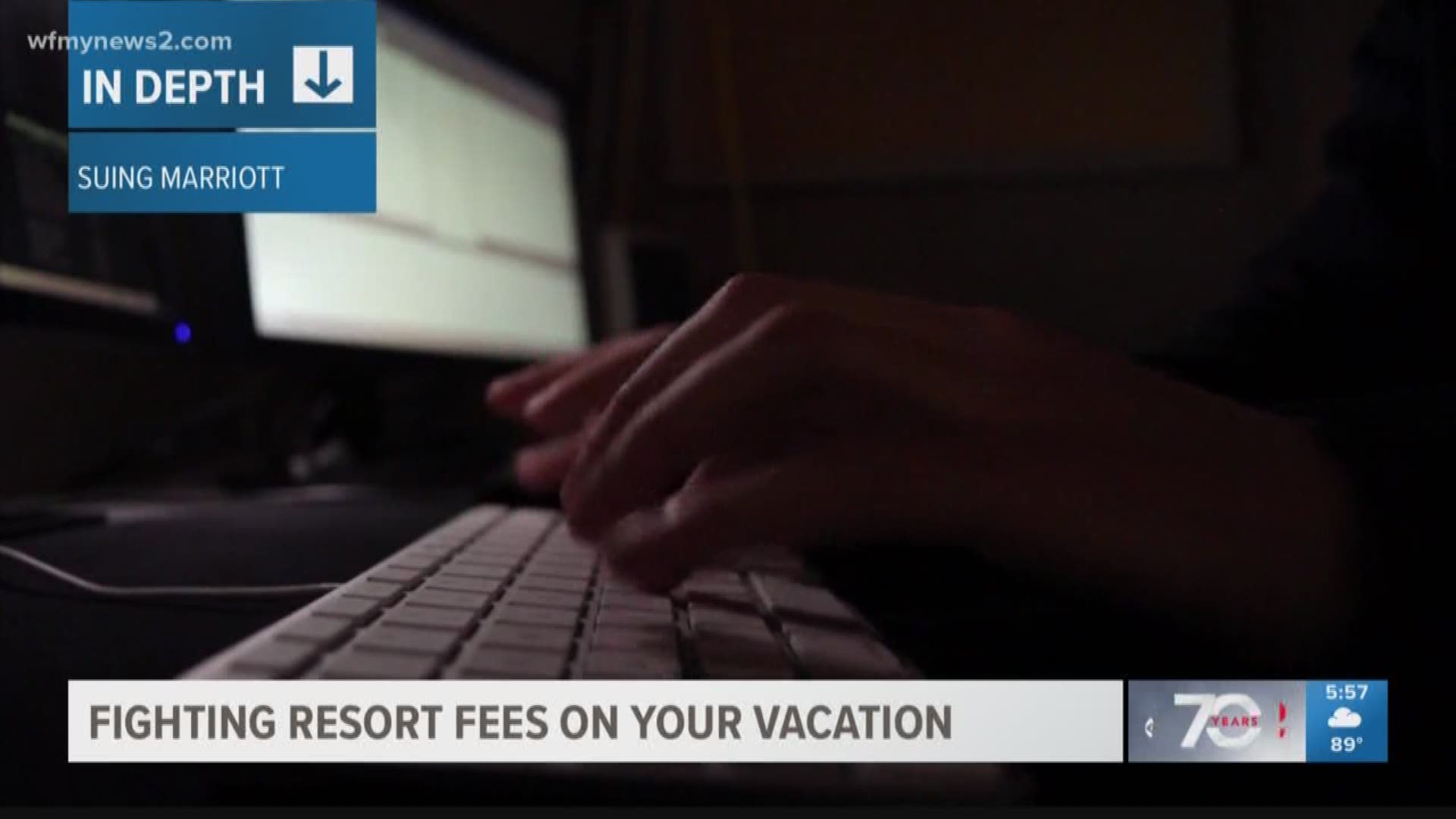GREENSBORO, N.C. — Imagine a hacker breaking into your laptop or phone and being able to access them whenever they want.
Creepy, right? It's possible. But Consumer Reports took a look at what precautionary measures you could take to give you some peace of mind.
First, limit the devices you have with chat apps. The more you have, the more potential back doors you have to defend.
And if possible, try to use apps like Google Hangout, Skype, and Zoom in their web browser.
RELATED: He's Hacking The Hackers To End Robocall Operations
Check your device permissions. Turn off any permissions that aren't important for your day to day life. This way if the app is compromised -- the attacker won't be able to connect to your camera or microphone easily.
Android Users: Settings > Apps (or Apps & Notifications) > Advanced > App permissions > Camera > toggle next to an app to revoke permission. Do the same under the “Microphone” menu.
PC Users: Settings > Privacy > Camera > Turn off Camera access altogether, or use the toggles next to individual apps to adjust permissions. Then go back and do the same under the “Microphone” menu.
For iPhone users follow this path: Settings > Privacy > Camera > Toggle next to an app to revoke permission. Then go back and do the same under the “Microphone” menu.
Mac Users: Go to Settings > Security & Privacy > Privacy > Camera > Uncheck the box next to an app to revoke permission. Do the same under the "Microphone" menu.
Keep all your apps and devices as updated as possible.
And try the tape method put a piece of tape or stickers over your camera.
But microphones are designed to record around barriers.
You can get a device called a microphone blocker. It tricks the device into thinking a microphone is plugged in and switching from the built-in one.

